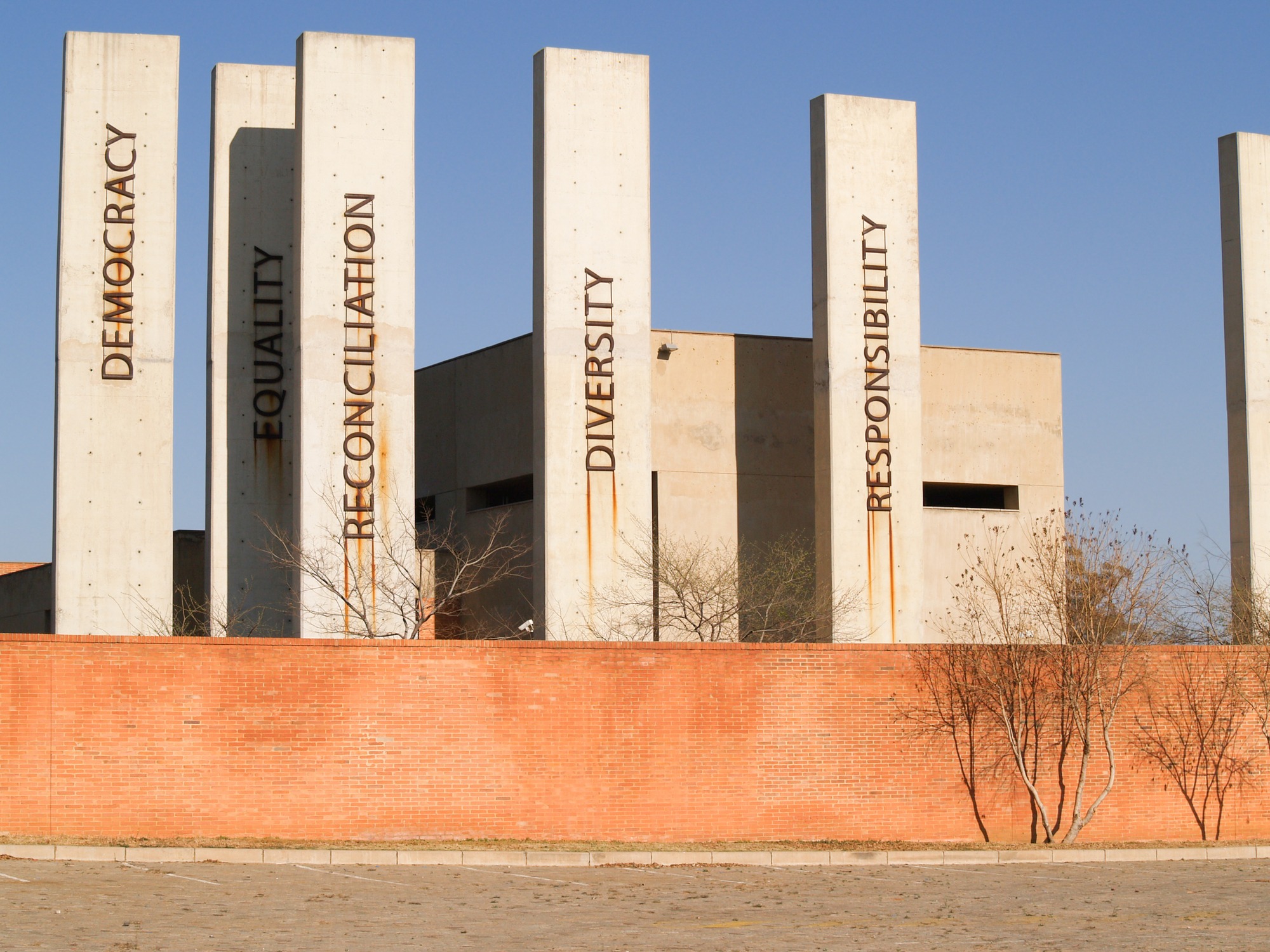In dialogue with a friend, I seek to meet his skepticism with a convincing vote for ‘Yes’ to the Uluru Statement. My message was (is) as follows:
Friend, yes, I like your question, and it should be asked. And, yes, you are right, “First Nations are specifically NOT entitled to a unique voice unless and until the Australian population (including the ‘first nations’) cedes that to them.” That is what the referendum will trigger or not. It is the question.
The argument for the Yes vote is summative based on a long consensus that historians have had, for at least half a century: conservatives, liberals, and radicals. Those historians who took a different view in the 1980s cultural-history war were a very small minority. The argument for moving further into reconciliation is not won on numbers, so, here is the historical consensus (the historiography):
- We need to be realistic about the politics, culture, and social interactions for the last four centuries. Colonialism is a ‘thing’, in that it has shaped the politics, culture, and social interactions. If we desire social cohesion, we have to be honest to the history and produce a redress, not by changing the past, but reformulating relations in the politics, culture, and social interactions;
- The history in Australia from the 1920s to the present has been the very slow reformulating relations. Uluru Statement is not as radical as people think. It started from the position that Aboriginal people were not citizens but categorised as flora and fauna. That only changed in 1967. In that period, since, the dialogue on colonialism and neo-colonialism came to the conclusion that, if there was ‘real’ meaning to the idea of First Nations (that has been for centuries a political term that conservatives accepted, as in ‘nations’ of ‘natives’), or the original owners of the land, then the unique position of First Nations has to be constitutionally acknowledged, which opens up reformulating relations in the politics, culture, and social interactions;
- The challenge since 1967 has been tribalism where governmental agencies could ‘divide-and-rule.’ There needed to be one voice for Aboriginal and Torres Strait Islanders, and, in 2017, that was delivered. The Uluru Statement is the only way forward, and, if the ‘Yes’ vote does not succeed, it will be an absolute failure in reconciliation.
Image: Johannesburg South Africa – August 15 2007; Brick wall with black and white sign for Apartheid Museum, and pillars with other conceptual words. Photo 252665388 / Reconciliation © Brian Scantlebury | Dreamstime.com
Neville Buch
Latest posts by Neville Buch (see all)
- Dear grossly, ethically, corrupted - December 21, 2024
- Thoughts with a Professional History colleague on “Artificial Intelligence” - December 21, 2024
- Stephanie M. Lee on “AI by omission”, The Chronicle of Higher Education, Thursday, December 19, 2024 - December 20, 2024

